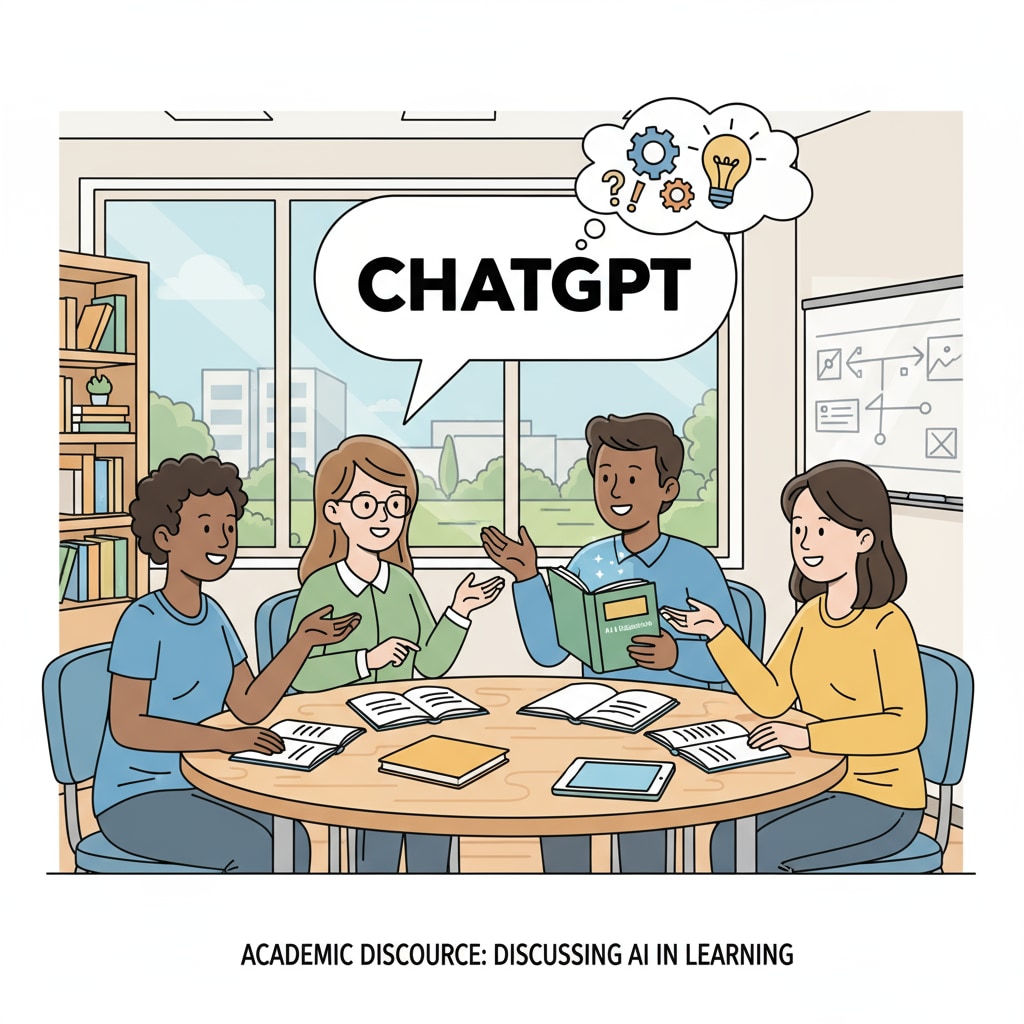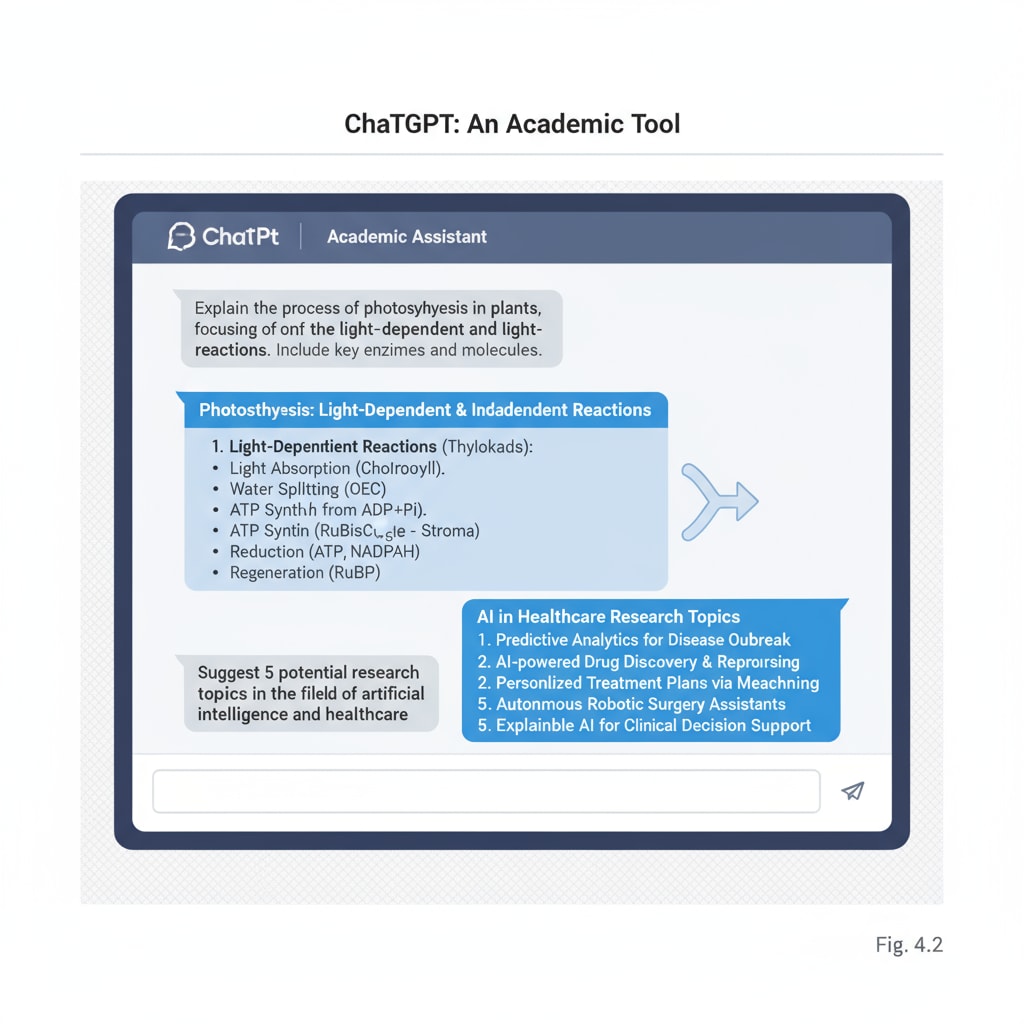In the realm of K12 education, the intersection of ChatGPT, academic integrity, and legal debates has brought to light a complex web of moral dilemmas. As students increasingly turn to AI tools like ChatGPT to assist with their academic tasks, questions about the boundaries of fairness and honesty in learning have come to the fore.

The Rise of ChatGPT in Academic Work
ChatGPT has revolutionized the way students approach their studies. Its ability to generate well-written responses, provide detailed information, and even offer creative ideas has made it an attractive resource. For example, in writing essays or preparing for legal debates, students can quickly get insights from ChatGPT. However, this convenience also brings risks. According to Academic Integrity on Wikipedia, academic integrity is based on principles of honesty, trust, and responsibility. When students use ChatGPT to complete tasks without proper attribution, they are undermining these principles.

The Ethical Conundrums
The use of ChatGPT in academic tasks creates several ethical issues. Firstly, there is the question of authenticity. In a legal debate, if a student uses arguments generated by ChatGPT as their own, it’s difficult to determine their true understanding of the subject matter. This goes against the spirit of education, which aims to develop students’ critical thinking and argumentative skills. Secondly, it raises concerns about fairness. Some students may have better access to such tools, giving them an unfair advantage over their peers. As stated by Ethics on Britannica, ethical behavior in education requires equal opportunities for all learners.
Moreover, there are implications for the future of education. If students become overly reliant on ChatGPT, they may not develop the necessary skills for independent learning and problem-solving. This can have long-term consequences for their academic and professional growth.
Readability guidance: The key points here are the rise of ChatGPT, the ethical problems it causes, and its implications for education. These issues highlight the need for a careful consideration of how to manage AI in academic settings. We should encourage students to use technology as a supplement rather than a replacement for their own learning efforts. By doing so, we can uphold academic integrity while still embracing the benefits of AI.


